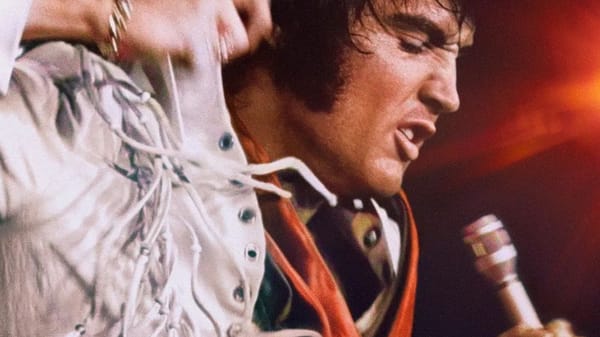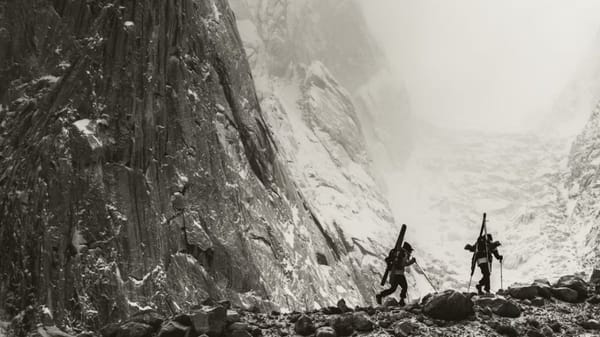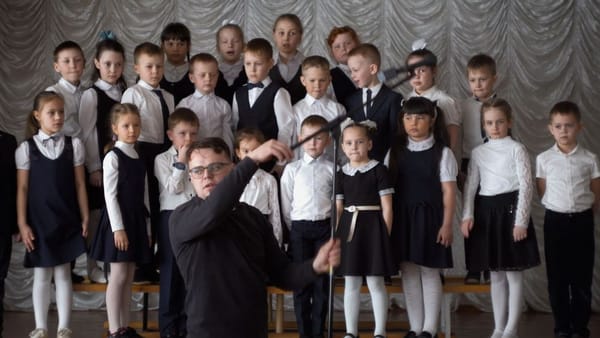I Know Catherine, The Log Lady (dir. Richard Green)
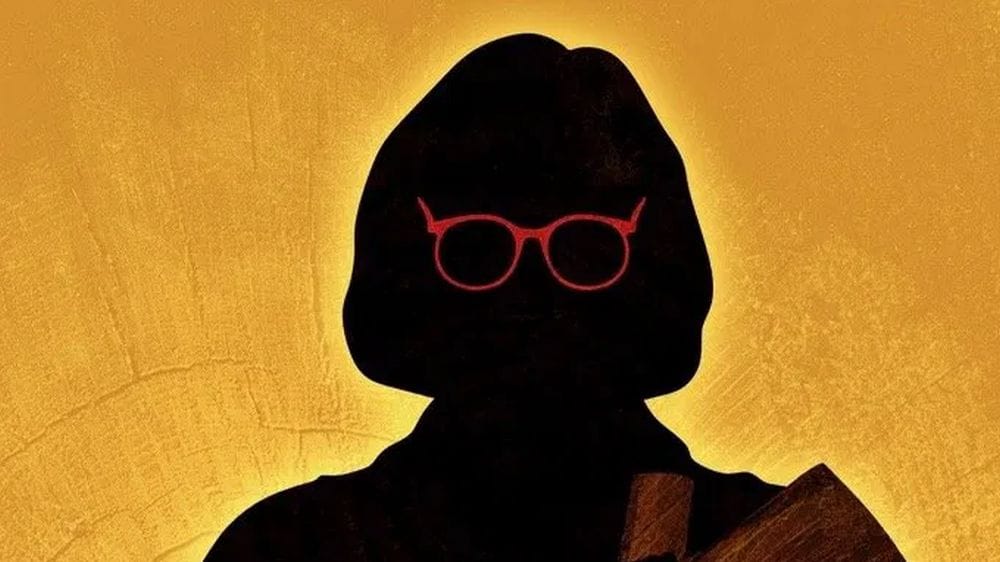
For such a small and very independent documentary, it’s kind of a brag to be able to include the words “I Know” in your title. So much of what we watch movies about are unknowable even from a place of deep study and being a part of any given world for long enough. It’s part of why we watch movies! Director Richard Green even made a previous documentary I Don’t Know Jack about Jack Nance, so he probably knows a thing or two about, well, knowing something or someone in as much as that is entirely possible. Or not knowing, I guess. I mean, I would say I know a lot about a lot of different things, but to declare it so definitively—and about a person, too; one who many people have a bond with—sort of made me sit up and pay attention. Even more than I would have with a documentary about anything related to Twin Peaks. I do feel as if after watching Richard Green’s film that it’s accurate, too. I Know Catherine, The Log Lady is a small film, one that is easy to dismiss due to some wonky technical aspects and how local it comes across. But it really does seem to know its subject, actor and pioneering technician Catherine E. Coulson, in a way that gives the impression of intimacy. The really get her in spirit. A deeper sense of knowing than just going through an artist’s career beat by beat like a Wikipedia entry edited by a stan-fan.
As a matter of fact, I learned a lot about Coulson with this documentary that her Wikipedia page only skims across. So that’s a win right there, I suppose. I Know Catherine is about the actress who is most well known for her performance as Margaret Lanterman aka The Log Lady on David Lynch and Mark Frost’s seminal television series Twin Peaks’ three seasons and its 1992 film. She performed in several other movies and TV episodes, but most predominantly became a prolific stage actor in the same Pacific Northwest area that Twin Peaks was set. Just as an aside, I met her once at a Twin Peaks convention held in the town of North Bend, two years before she passed away, and she was obviously very lovely and had come to the event between performances because, as she says, she’d never miss one of these silly events. How lovely! That she died so soon after filming her final on-screen performance in the series’ third season is appropriate (as these inevitable things can be) given the reverence she had for the show and its fans. It’s as close to dying on stage as most actors will get. It’s also a testament to her love of the art and the lengths she would go to to be able to perform and to give audiences something she felt in her bones to give. That we get the privilege of bearing witness to her efforts is more than enough justification for I Know Catherine, but it does also elevate Green’s documentary into something of an elegy and a farewell tour the likes of which not too many performers actually receive. Being able to fill the documentary with video and photographs from this period is a real treat!
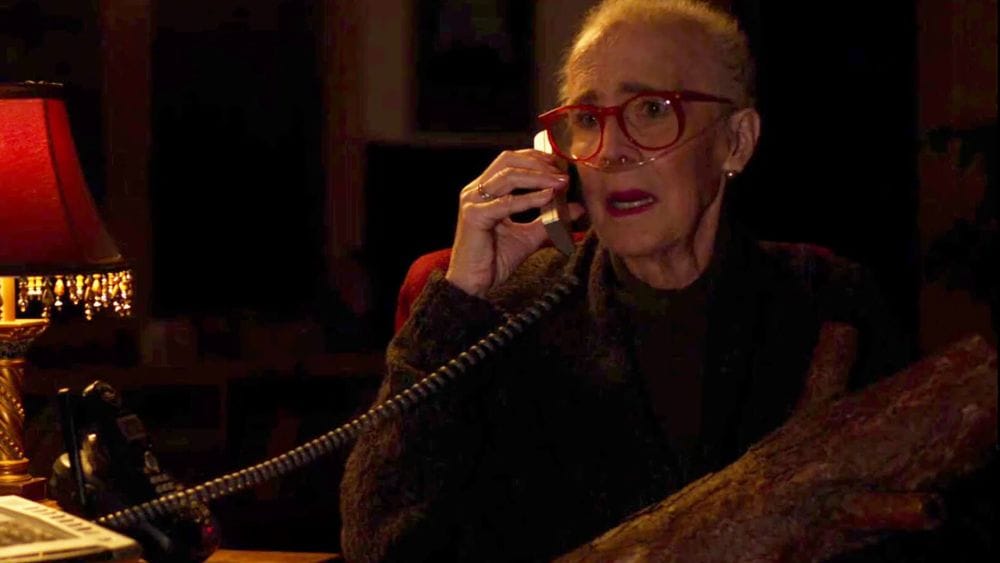
Beyond that, she was something of a behind-the-scenes pioneer. Working as a camera operator and camera assistant on movies like John Cassavetes’ The Killing of a Chinese Bookie and Opening Night, Star Trek II: The Wrath of Khan, and Jim Jarmusch’s Night on Earth. As well, of course, in a variety of roles on Lynch’s Eraserhead. The doc’s end credits even features a lovely dedication from Fred Elmes to Coulson during his lifetime achievement speech at the American Society of Cinematographers. So, you know, the sort of thing that should have her spoken of in the capacity of a craftsman more than she clearly does. There’s a fabulous little anecdote about Cassavetes, too, about one of those famous Gena Rowlands close-ups. I’ve included a photograph below that I found in this Cinema Femme interview with Green (a great read, too!). It’s a side of her that I am not grateful to be more fully understanding of.

It is a little unfortunate that the editing here is so jarring, particularly in its early passages. It can be really distracting at times, like somebody has snipped things just a moment or few too early. As its two timelines come together, though, its rather rapid cutting at least makes a bit more sense as an artistic choice. And it is a personal bug bear when talking heads are shot all haphazardly with little uniform or polish, like home movies testimonials for a wedding anniversary. But I did find some of its graphics were quite impressive, as images of Coulson are embedded into the wooded surrounds of the forests she loved, sending the viewer through time in a way. For a low-budget work of independent filmmaking, I thought it was a nice touch.
I definitely cried during I Know Catherine. Yes, yes, because I was a fan and Twin Peaks is my favourite work of narrative art ever put too screen. Sure, I was an easy mark there. But there’s something to Green’s documentary that gets at similar things to that show. The passing of time, the opening and closing of wounds, the pursuit of something ineffable whether that be through work or in life. The mysteries of life and death. Perhaps it was closeness to Twin Peaks that gives it that spark, but I appreciated it nonetheless. At one point Lynch, an interview subject here, says that “I wish she was still around” before positing that, “Nobody really disappears. Obviously, she lost her physical body, but Catherine is around. We’ll all see each other again.” Considering we have since also lost him (he is seen his puffing away on a cigarette, to which I give my best Margaret Pomeranz impersonation: “Oh, David!”) that one will no doubt really get to people like it did to me. I Know Catherine, The Log Lady is a small movie and a decidedly imperfect one, but it has a quality to it that is warming. Did I need all of these local actors or assorted friends? Probably not. Do I wish the talking heads more shot better? Certainly yes. But with those imperfections comes a sincerity that is hard to quibble with. It’s charming and touching, which makes up for a lot of surface level flaws.
If you would like to support documentary and non-fiction film criticism, please consider donating by clicking the above link. Any help allows me to continue to do this, supports independent writing that is free of Artificial Intelligence, and is done purely for the love of it.

